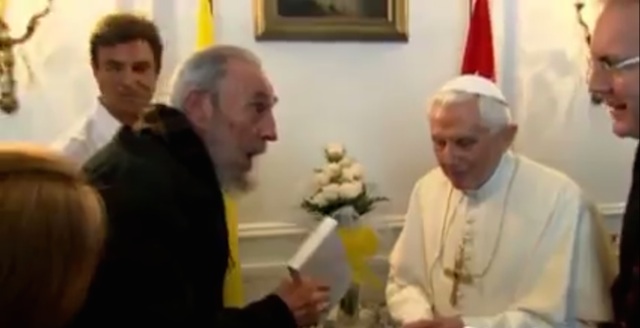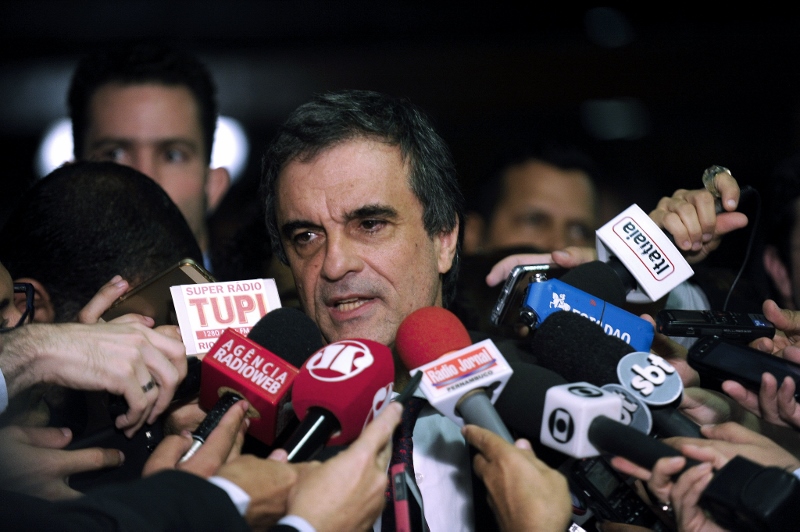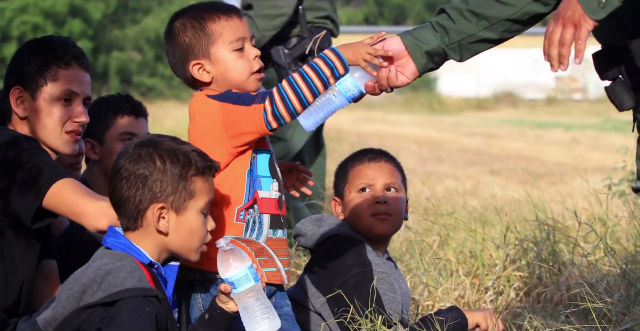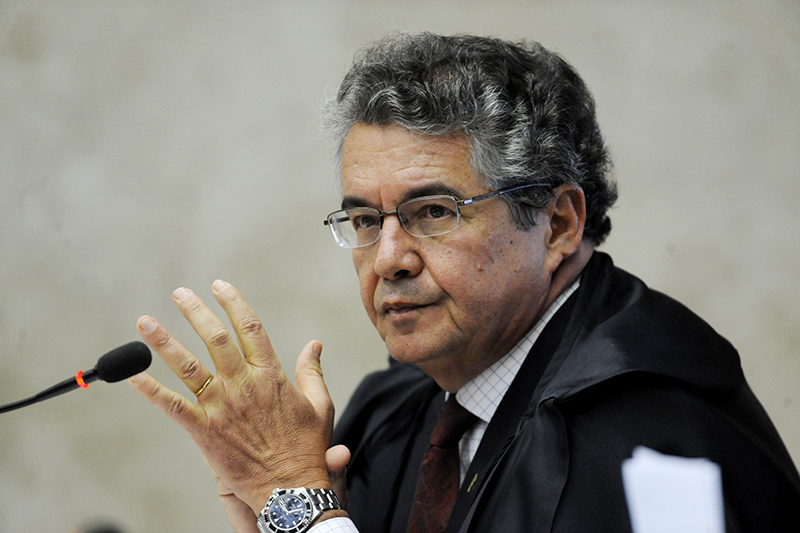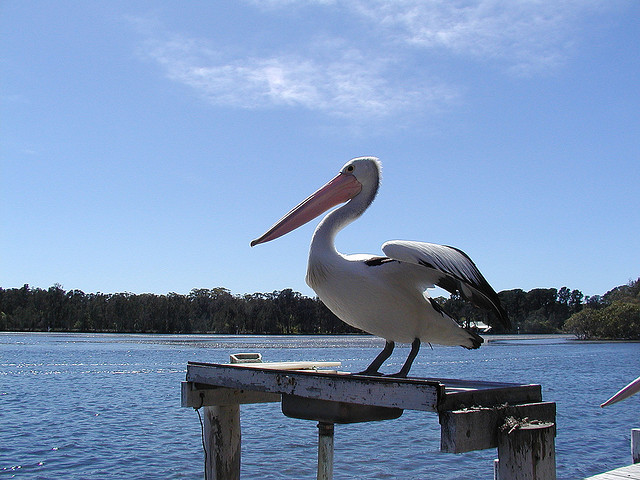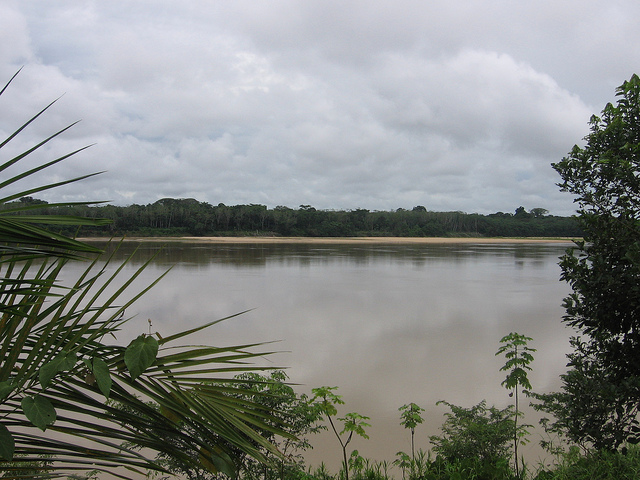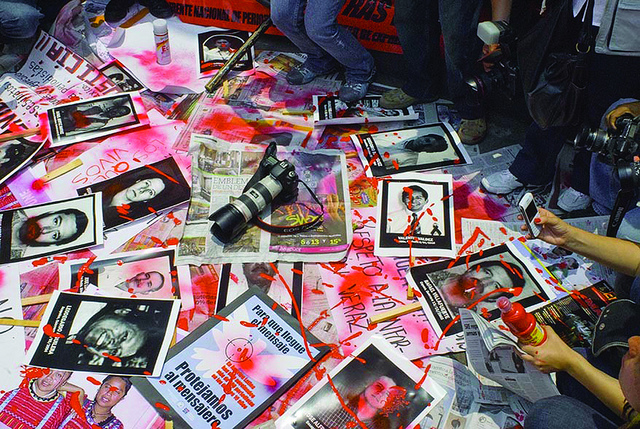
Latin America: Week in Review, Mexico, North America
Mexican Congress Votes To Compensate Crime Victims
May 1, 2012 By Staff
Top Story — Both houses of Mexican Congress approved a law to compensate victims of crimes that will be partially financed by assets seized from organized crime groups. The law is expected to be signed by Mexican President Felipe Calderón and will give victims or their family members up to $1 million Mexican pesos ($70,000 dollars) in compensation for murders, injuries, kidnappings, disappearance and extortion. The law will also establish a national registry of crime victims and require Mexican authorities to investigate disappearances and make an effort to locate the remains of the disappeared. Members of drug cartels and other gangs who are victims of crimes will also be covered by the law. In the last five and half years, more than 47,500 people have been killed in Mexico’s drug violence and thousands more have disappeared.
Read more from The Associated Press.
Headlines from the Western Hemisphere
North America
- Canadian man Tom Gisby was gunned down in a Starbucks in Nuevo Vallartaafter fleeing Canada for Mexico to escape attackers who had firebombed his motorhome near Whistler, British Colombia.
- Kansas Secretary of State Kris Kobach, who helped author Arizona’s controversial immigration bill, says he is planning to adapt the law for Kansas if the Supreme Court upholds the law.
Caribbean
- Cuba released José Daniel Ferrer, leader of the banned Patriotic Union of Cuba (UPC), after he was imprisoned shortly after Pope Benedict XVI’s arrival to the island nearly one month ago.
- More than 220,000 Dominicans living in the U.S. are registered to vote in the Dominican Republic’s upcoming elections, representing five percent of the total voting population.
- Cuban actors Javier Nuñez Florian and Anailin de la Rua emerged from hiding on Friday to announce that they would be seeking asylum in the U.S. after disappearing on their way to the Tribeca Film Festival.
Central America
- The president of the UN’s Permanent Forum on Indigenous Issues said that young indigenous girls are being trafficked for up to $2000 apiece on the Nicaragua-Honduras border, where they are allegedly sold to drug traffickers.
- Panama’s top anti-drugs prosecutor Javier Carabello said that a drug trafficking ring with operations in Panama was supplied with cocaine by the 30th Front of the FARC.
- Salvadoran police said that one person was killed and another 20 injured when a bus fell off a highway into a ravine in central El Salvador.
Andes
- Peruvian policeman Luis Astuquillca was reunited with his family after he survived 17 days in the jungle alone after a clash with FARC guerrillas.
- Venezuelan President Hugo Chávez said Monday that he would be returning to Cuba for more radiation on his cancerous tumor. He has spent 50 days in Cuba so far this year.
- Colombian Defense Minister Juan Carlos Pinzon said Monday that Colombia has not launched a special rescue operation for missing journalist Romeo Langlois, who disappeared after a counter-drug operation and may have been kidnapped by the FARC.
- A panel of Ecuadoran judges convicted Luis Guaman of premeditated murder in the killing of a Massachussetts woman and her toddler last year.
Southern Cone
- Argentine ambassador to Britain Alicia Castro asked British Foreign Secretary William Hague if he was willing to “give peace a chance” by joining talks with Argentina over the Falkland Islands.
- The president of Brazil’s national oil regulator, ANP, said that Chevron would not be permitted to drill on the Frade oilfield until it can find the cause of two previous spills.
- Chile’s Supreme Court suspended a key permit for Goldcorp’s $3.9 billion El Morro mining project in the Atacama desert.
Image: Knight Foundation @ Flickr.
Subscribe to Today in Latin America by Email
